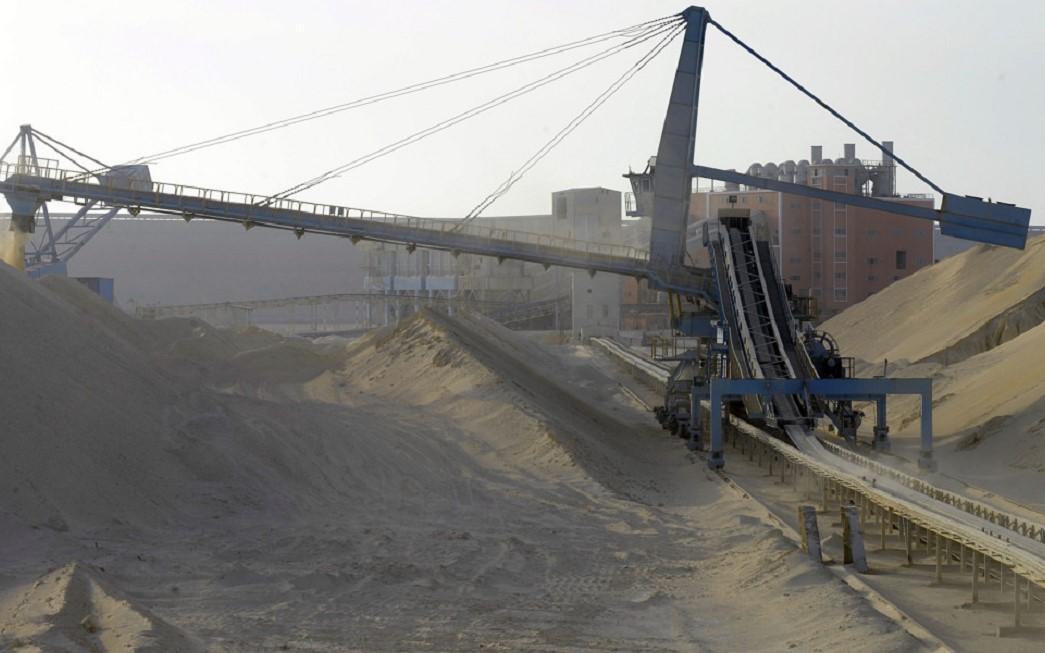
A global fertiliser supply shock deepened by Russia’s Ukraine invasion has brought boom times for the North African phosphate superpower Morocco.
Morocco is set to chalk up record revenues for a second year running as farmers worldwide scramble for phosphate, made scarce by sanctions against top world producer Russia and a Chinese ban on exports.
Phosphate is a key ingredient of artificial fertilisers.
According to Morocco’s state-owned phosphates firm OCP, the kingdom controls around 31 percent of the international trade in the substance.
The OCP, which holds a national monopoly in the trade, is on track to record more than 131 billion dirhams ($12.4 billion) in revenue this year, up 56 percent on 2021 - already a bumper year.
Even before the start of the year, prices had been edging higher as the world emerged from the COVID pandemic and market leaders like China imposed export restrictions, said sector expert Mounir Halim.
There was also “strong demand from India, one of the world’s biggest importers, which had exhausted its stocks,” Halim told AFP.
Then as Western powers imposed sanctions on Russia after its invasion of Ukraine, prices of fertiliser shot up.
That made Morocco a vital alternative supplier. The kingdom’s exports of phosphates and their derivatives jumped by two thirds year-on-year in the first nine months of 2022.
Morocco has around 70 percent of the world’s phosphate reserves.
The OCP has ramped up its production capacity by a factor of four since 2008, hitting 12 million tons last year, on target to reach 15 million by the end of 2023.
The UN Food and Agriculture Organization warned in a report this year that “fertiliser supplies remain restricted, stocks are depleted and geopolitical tensions could spark additional supply restrictions at short notice.”